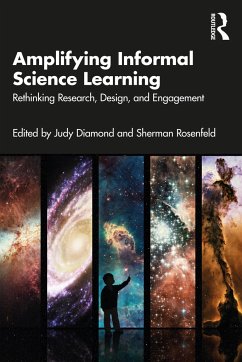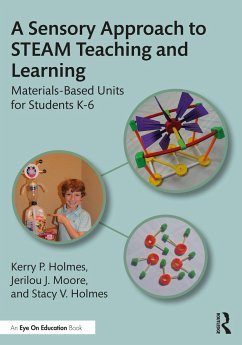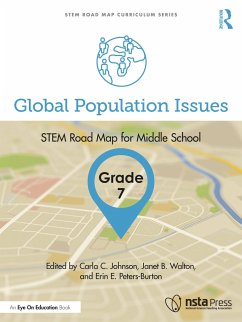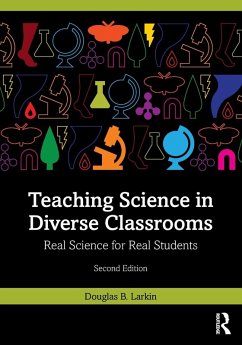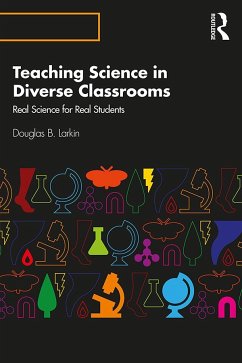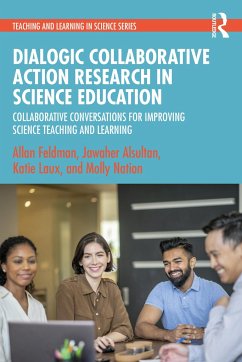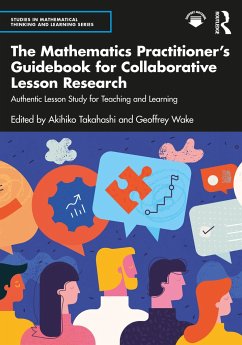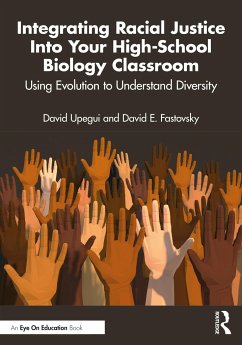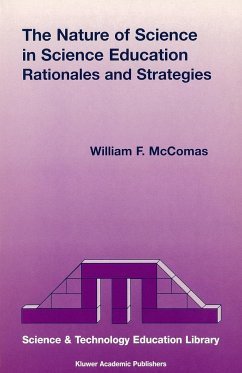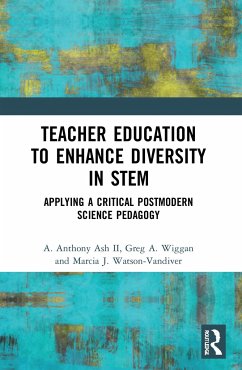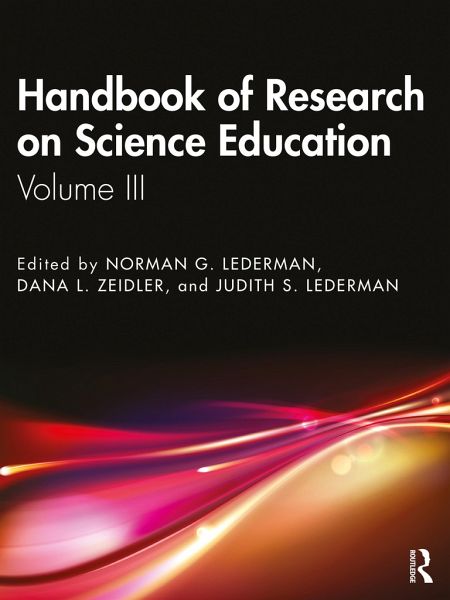
Handbook of Research on Science Education
Volume III
Herausgeber: Lederman, Norman G; Lederman, Judith S; Zeidler, Dana L
Versandkostenfrei!
Versandfertig in über 4 Wochen
146,99 €
inkl. MwSt.

PAYBACK Punkte
73 °P sammeln!
Volume III of this landmark synthesis of research offers a comprehensive, state-of-the-art survey highlighting new and emerging research perspectives in science education. The Handbook of Research on Science Education Research, Volume III offers an essential resource to all members of the science education community.



